Spring podcast with Karoline Kan, Ian Murray and Sinead Corr exploring the future of local news.


Spring podcast with Karoline Kan, Ian Murray and Sinead Corr exploring the future of local news.

It’s been 72 years since India gained independence from Britain, but sedition remains entrenched not only in law, but in the mindset of successive governments
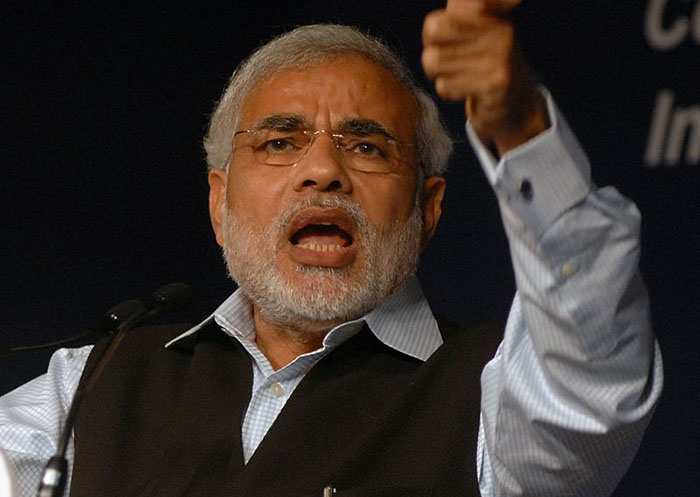
India’s prime minister seeks to create an unquestioning press, writes John Lloyd

Indians took to Twitter to express their frustration after the Central Board of Film Certification (CBFC) pushed the release of the film Love Simon back indefinitely.
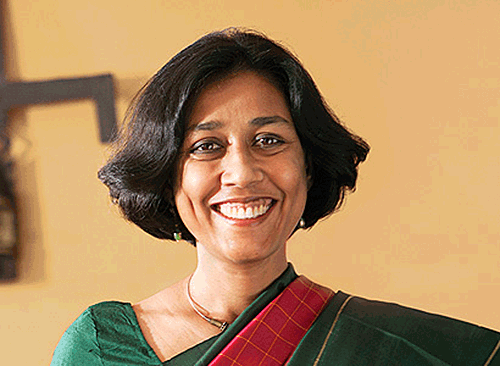
[vc_row][vc_column][vc_column_text] Two Indian social scientists are among 10 people charged with murder in Chhattisgarh, an Indian state wracked by an ongoing insurgency by Maoist rebels that the academics were actively studying. Neither Nandini...
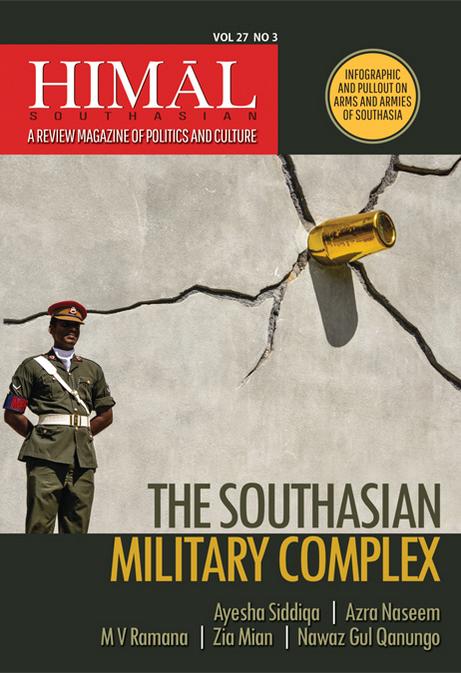
After 29 years of circulation, Himal Southasian, which claims to be the only analytical and regional news magazine for South Asia, will cease to publish as of November 2016.

The professor of European Studies at Oxford University talks to Index on Censorship about his new book Free Speech: Ten Principles for a Connected World
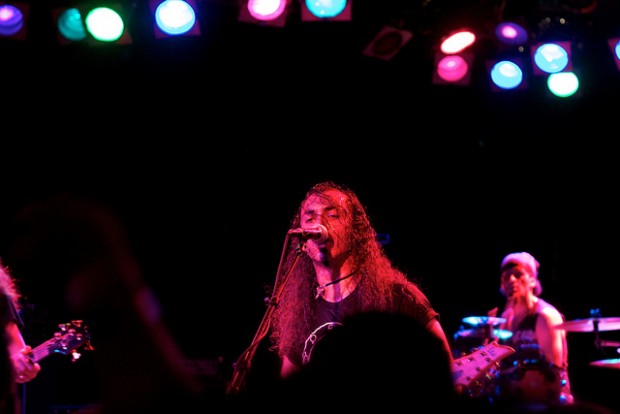
In some countries, there have been flourishing underground music scenes sprouting up in the last few years, despite a continuing trend of censorship of the arts and governmental suppression
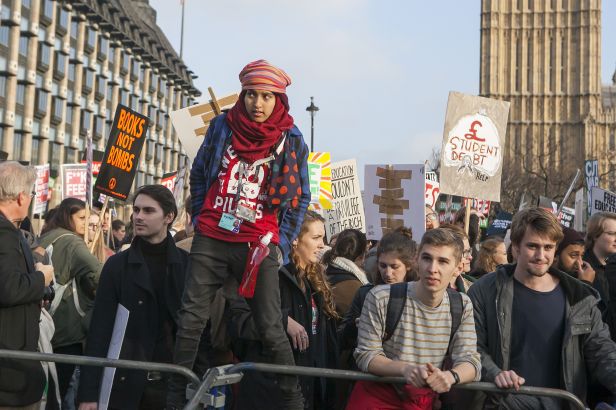
As demonstrations against corruption and the failure to provide basic services sweep Lebanon, we look at how authorities deal with mass protests around the world.
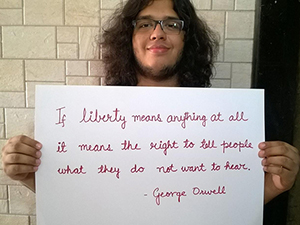
Index on Censorship youth advisory board member Harsh Ghildiyal explains why he thinks India’s criminal defamation laws are not reasonable